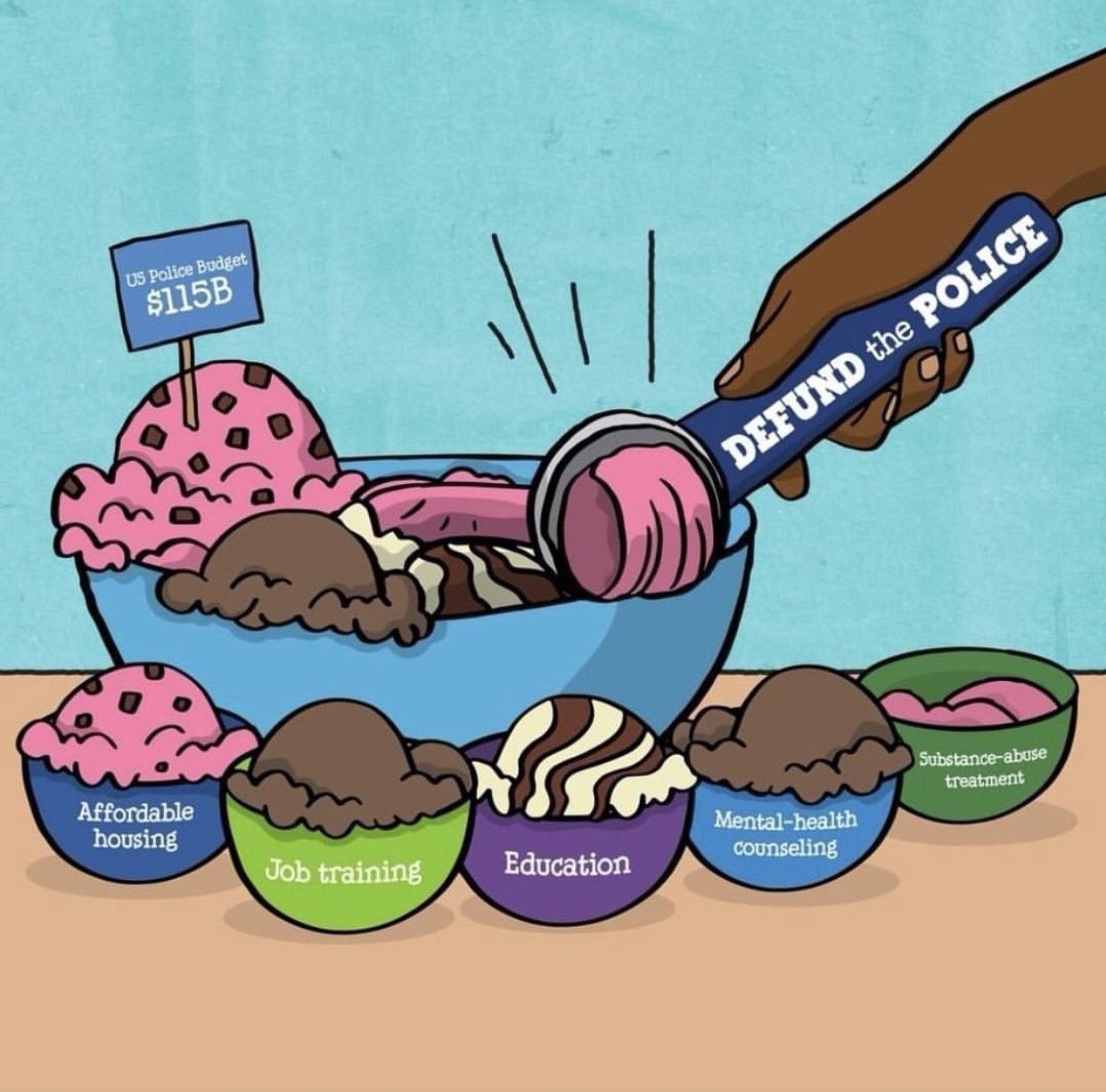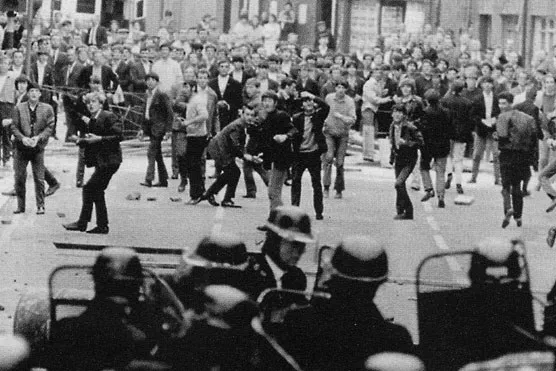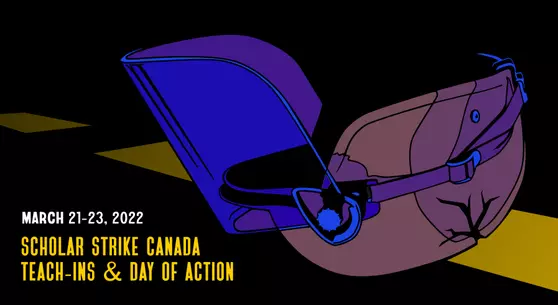..scroll down to view this piece. no need to download the pdf unless you want to.
quote:
National spending on police operations has increased steadily since the mid-1990s,reaching 15.1 billion in 2017–18 (Coner et al. 2019). A 2013 government reportnoted that the cost of policing nationally has more than doubled since 1997, “out-pacing the increase in spending by all levels of government, with police salaries increasing by 40% since 2000 (whereas most Canadians salaries increased by 11%; Public SafetyCanada 2013). Spending on anti-Black carceralcontrols has gone up, accompanied by a militarization of the practice of policing:the use of SWAT teams increased by 2,000% over the past four decades, “increas-ingly being used by public police for routine activities such as executing warrants, traffic enforcement, community policing and responding to mental health crisesand domestic disturbances” (Walby and Rozier 2018). For Black communities, this militarization has been marked by at times fatal violence: Somali refugee communities have experienced raids in which they were assaulted with battering ramsand flash-bang devices, with elderly Somali women describing being physically brutalized—and in one instance told to “die” in the context of tactical raids (Fox 2013)—in incidents described as racial profiling and elder abuse. Te death of Haitian 47-year-old Bony Jean-Pierre, in Montréal-Nord, shot in the head with arubber bullet during a tactical squad raid in the context of drug enforcement, fur-ther illustrates that state warfare on Black communities is more than a metaphor(CTV Montreal, 2018)
II. Reform, Defund and/or Abolish?
The violence inherent to the practice of policing itself has been continually chal-lenged by Black families, community members, activists and organizers who havestaged—across decades—sit-ins, tent cities, die-ins and a multitude of other tacticsin defence of our lives. The major state response in the wake of Black organizingand uprisings, however, has been not only an ever-increasing budget and an ever-expanding scope of policing, but also a series of police reforms that have served only to uphold the status quo of racial violence and maintain, extend and even expand the scope of the institution. At the municipal level, police forces have implemented“diversity” and “sensitivity” trainings, expanded the recruitment of female and “visible minority” officers, expanded police foot and bicycle patrols, hired community liaison officers and expanded spaces for police-community dialogue. At the provincial level, one response to ongoing community protest has been the creation of civilian oversight mechanisms like Ontario’s Special Investigations Unit (SIU) and Quebec’s Bureau des enquêtes indépendantes (BEI), tasked with conducting “independent” investigations when the police use lethal force.
From the perspective of protecting Black life, all of these reforms have been abject failures, even as they have succeeded in perpetuating the illusion of legitimacy of benevolence for law enforcement agencies. The local reforms and increases in funding for law enforcement agencies across the country have occurred along side an increase in the number of deaths at the hands of police, which have nearly doubled over the past 20 years (Nicholson and Marcoux, 2018), impacting Black and Indigenous communities most substantially, with broad impacts on Black peoples, especially Black drug users and sex workers, Black homeless and mad peoples.
With no empirical or ethical leg to stand on, calls for more police reforms at this historical juncture are morally untenable: body cameras, racial diversity in hiring and implicit bias are, after all, the conditions that nonetheless allowed for the public execution of George Floyd. This reality is recognized by Black and multiracial communities across North America that are now forwarding calls, not to reform or reimagine, but to defund, demilitarize and dismantle the police—and, along the way, to reduce their scope and reverse their expansion into schooling, mental health response and the wide arena of public and private life that have been so naturalized in recent decades. These calls emerge from generations of struggle against policing, displacement andenvironmental devastation wreaked by the state.





















